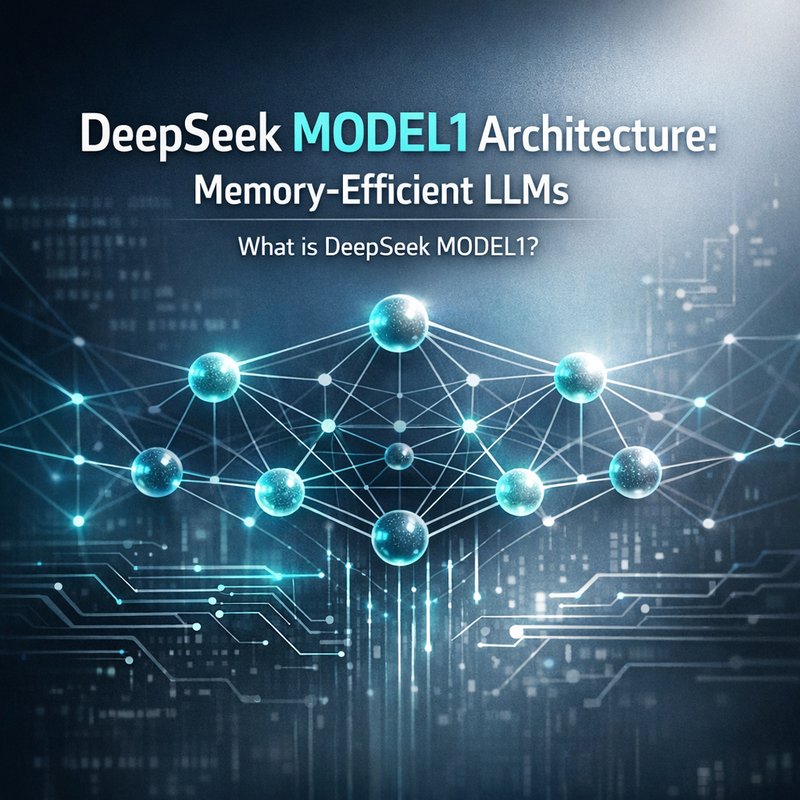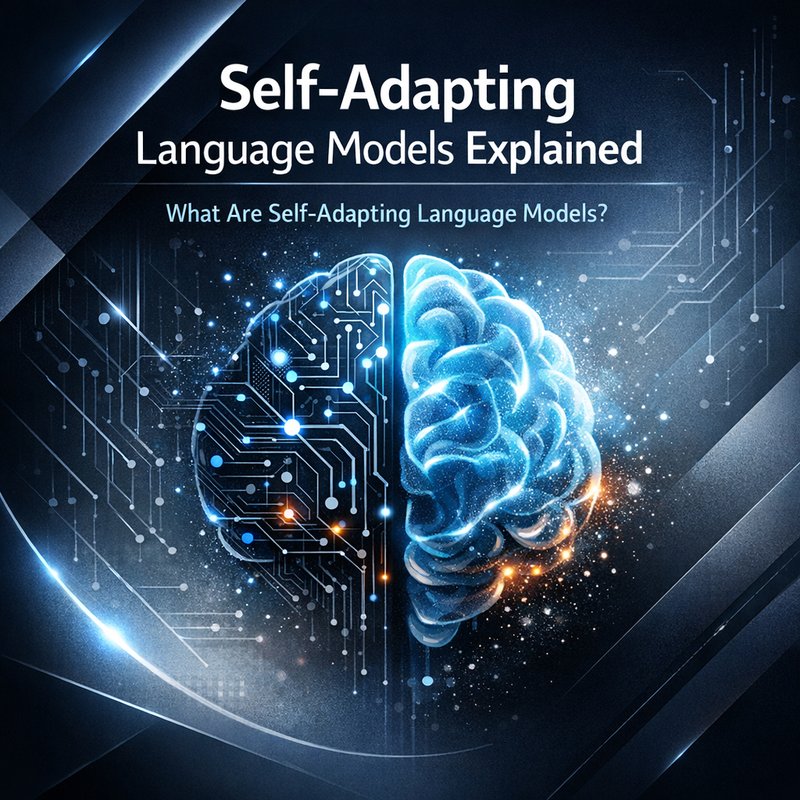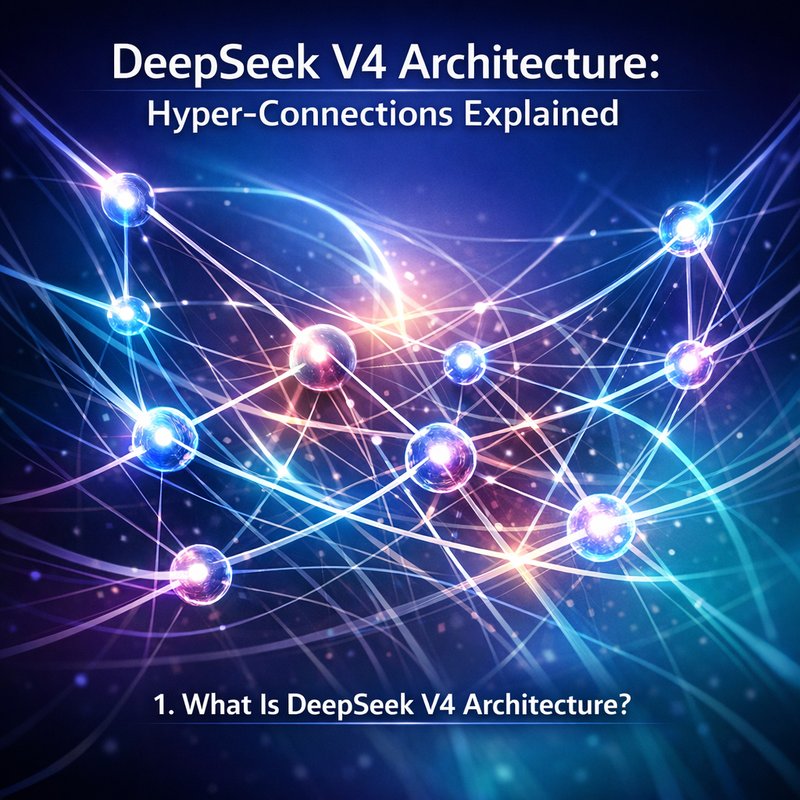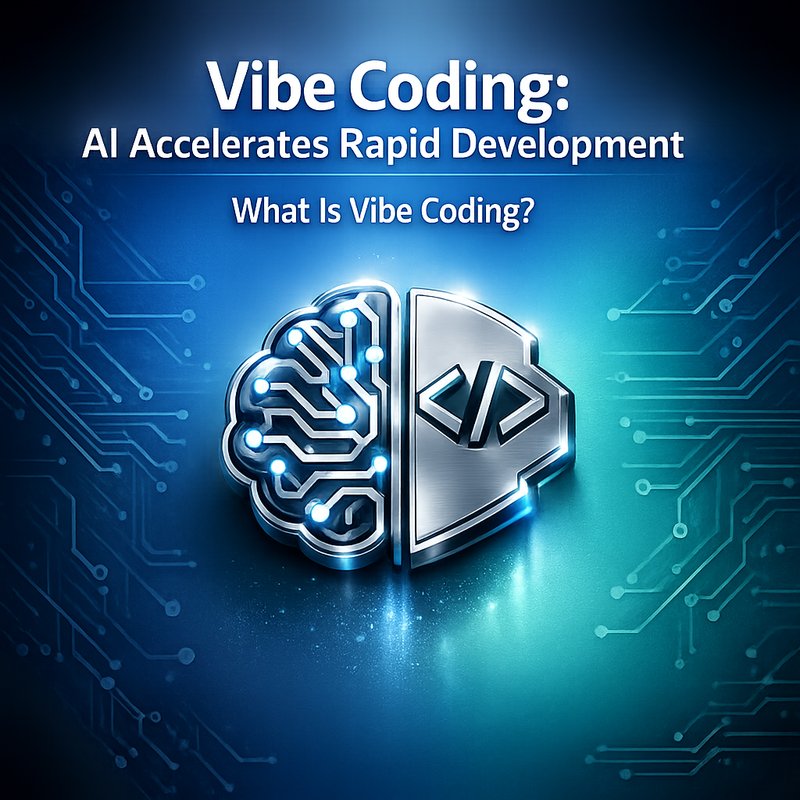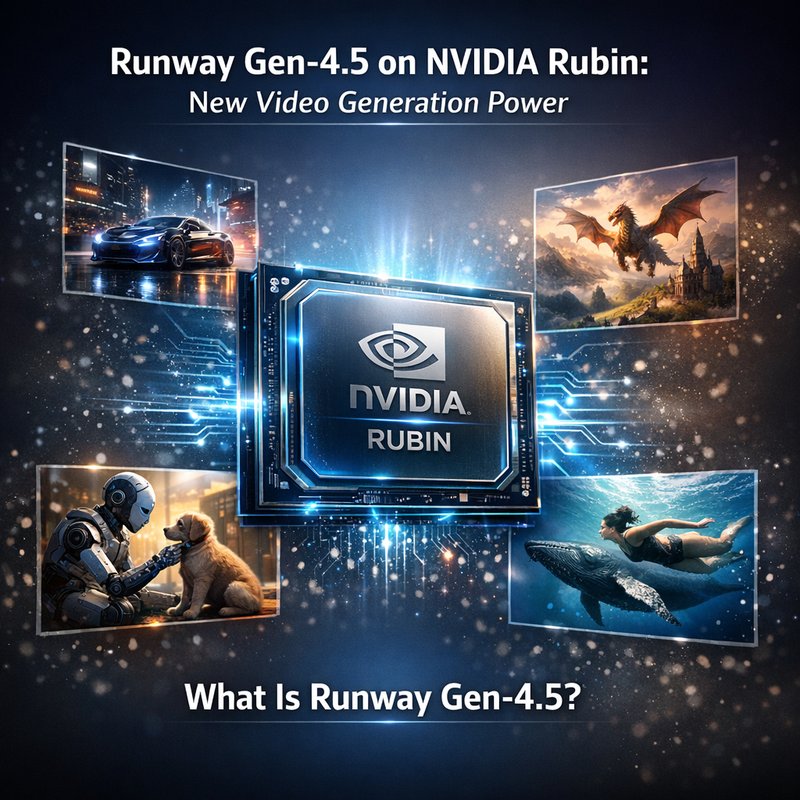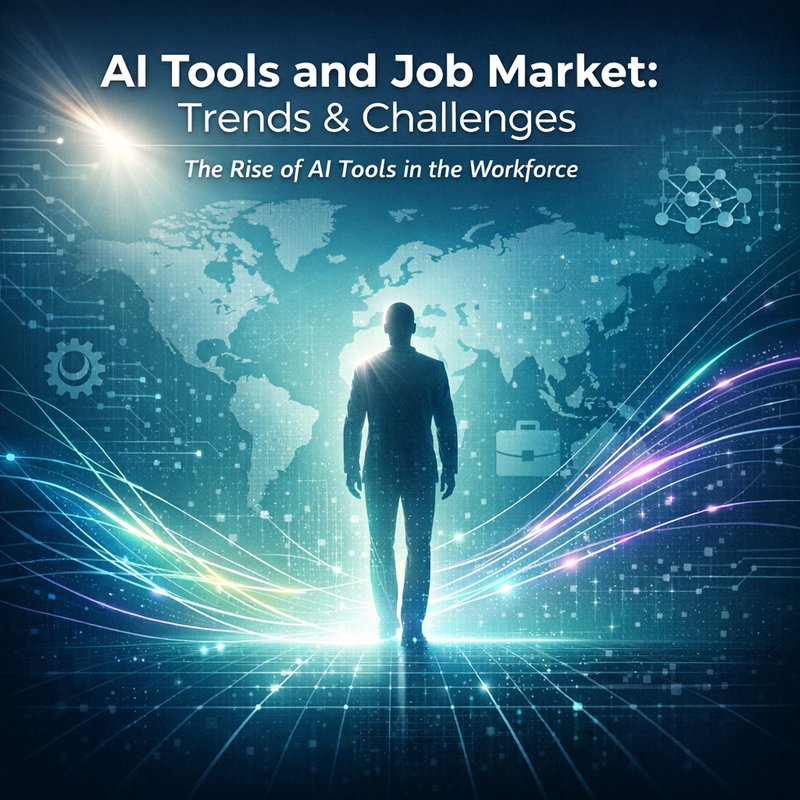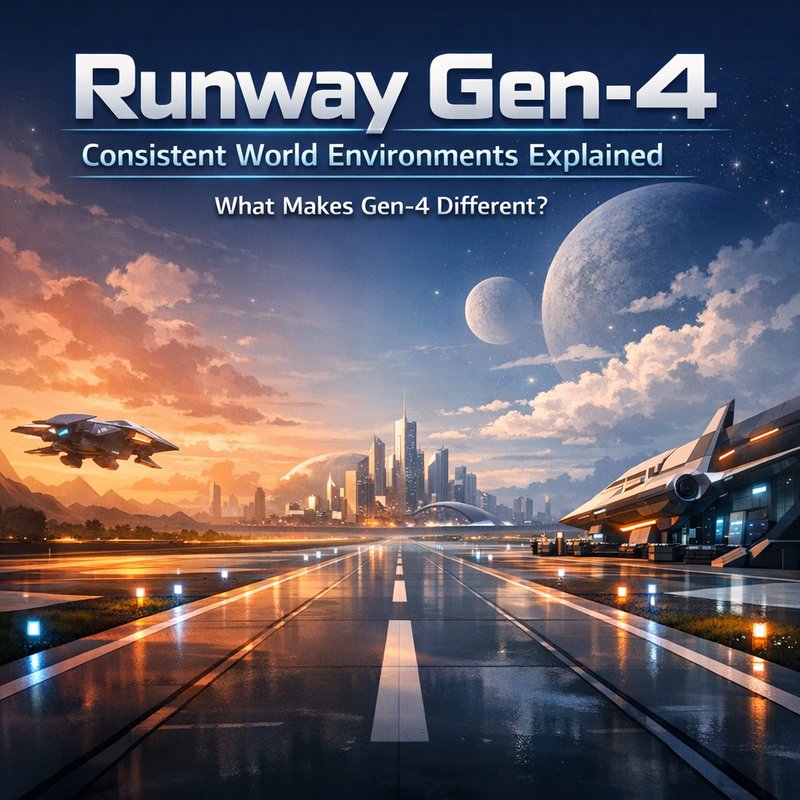Imagine you walk into a clinic and a screen, not a person, greets you. A calm, confident voice says, “I’ve reviewed your scans. Here’s what’s wrong.” Wild, right? It sounds like sci-fi, but AI agents are already making tough calls in medicine, finance, and beyond. The big question is: can they truly replace our gut feel?
The Rise of AI Decision-Making
These days, AI agents crunch mountains of data in seconds. They spot patterns our eyes miss, predict outcomes, and suggest actions. In healthcare, systems powered by OpenAI’s models and Google’s DeepMind analyze X-rays and flag early signs of disease. [source: https://openai.com/]
In banking, AI spots fraud faster than any human team. Routes shipments in record time. In farming, sensors and AI decide when to water crops and even predict pest outbreaks. It feels like magic, but it’s just math on steroids.
Here’s why they shine:
- Speed: AI reviews thousands of records in a blink.
- Accuracy: Machine learning models learn from successes and mistakes.
- Consistency: No coffee breaks or off-days.
But here’s the catch: real-world choices often need more than speed and data.
The Limits of AI
AI agents follow patterns. They excel when rules exist and data is clean. Yet life is messy. Nuance slips through the cracks. A business leader weighing short-term gains against brand trust needs empathy, moral sense, and years of on-the-job insight.
Think about rolling out a big change at work. Employees worry. Morale dips. A data-only AI might push for cost cuts, unaware of how layoffs hurt culture. A human boss balances numbers and people, sometimes choosing slower growth to keep teams happy.
AI can tell you “what’s likely,” but can’t empathize, sense office vibes, or recall that time the team pulled an all-nighter for a client.
The Power of Human Intuition
What is intuition anyway? It’s years of experience condensed into a gut feeling. It’s that little voice saying, “Maybe steer clear of this deal.” We’ve all been there. It’s why you trust a friend’s advice or pick one route over another without flicking on Waze.
I remember my first big pitch. I’d prepped for weeks, spreadsheets and graphs at the ready. Something felt off. I paused the slideshow, asked a different question, and noticed a concern in the client’s eyes. That pivot saved the deal.
Still, intuition isn’t bulletproof. Emotions and biases sneak in. Overconfidence can push a risky bet. Fear can make us too cautious.
When Instinct Fails: Bias and Flaws
Our gut can lie. Stereotypes, past scars, and moods influence choices. Hiring based on “fit” might exclude great candidates. Fear of loss can freeze action when bold moves are needed. That’s where AI can help us check ourselves.
Bridging the Gap: The Collaboration Era

Here’s where it gets interesting: instead of asking, “AI versus human,” maybe we think “AI plus human.” Imagine a doctor using an AI agent from Neura AI’s Document Analysis or Contextual Assistance apps. The AI flags critical data—symptoms, history, risk factors. The doctor adds empathy, asks nuanced questions, then makes the final call.
In finance, an AI agent spots a suspicious transaction, alerts the compliance team, and outlines why. A human reviews the context—company culture, recent events—and decides if it’s truly fraud or just an odd timing.
This combo often beats either alone. Data-driven insights plus life-hardened instincts.
Real-World Examples
- Healthcare Diagnostics: A study at Stanford found AI matched doctors in spotting pneumonia on chest scans. [source: https://www.google.com/search?q=stanford+pneumonia+ai] Yet final treatment plans shine when doctors weigh patient preferences, allergies, and social support.
- Fraud Detection: JP Morgan uses machine learning to catch suspicious trades. Humans then vet suspicious cases, reducing false alarms by 40%.
- Supply Chain: DHL’s AI predicts delays. Planners reroute shipments, nailing delivery times and cutting costs.
These are partnership stories, not replacements.
Designing Hybrid Decision Systems
If we want smart decisions, we need systems that admit uncertainty. Recent research taught AI to say, “I’m not sure.” That’s huge. If an AI isn’t confident, it flags a human to step in. [source: https://about.meta.com/]
Explainable AI helps too. When systems show how they reached a suggestion—“I spotted a trend in 10,000 cases”—humans can ask, “Wait, does that apply here?”
Neura AI’s RDA Agents embody this. They pull context, route tasks to specialized micro-agents (like reasoning, decision, action), and hand off at points of low confidence.
What the Future Holds
As AI grows smarter, we’ll see deeper teamwork:
- AI Coaches: Guiding lawyers through contracts, then deferring to partners on tricky clauses.
- AR Assistants: Soldiers using Meta-Anduril headsets get real-time risk scores, but commanders still decide battle plans.
- Genomics Tools: DeepMind’s AlphaGenome predicts mutation impacts. Scientists then choose research directions.
The bottom line? AI agents will get better at patterns and admitting doubt. Humans bring empathy, ethics, and creativity. Together, they’ll make calls neither could alone.
Conclusion
So, can AI agents outsmart human instinct? Not really. They complement it. AI sorts data at scale. We add context and heart. The real win is in teamwork, not a showdown. That’s the judgment call we need to make today.

